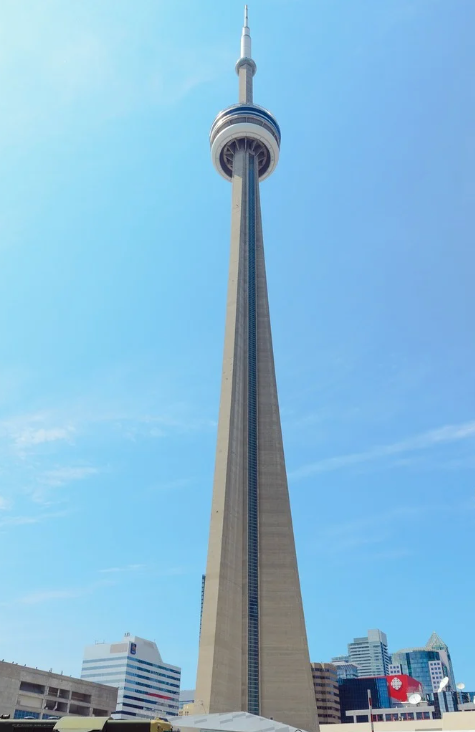Elon Musk's SNL Performance Crash-Lands
Saturday Night Live’s (SNL) ratings have been dropping since the 2020 election, probably because there are fewer jokes to make about Donald Trump. In an effort to boost ratings, SNL brought business mogul and engineer Elon Musk on as host this past week. With his controversial reputation and significant viewership on Joe Rogan’s YouTube channel, Musk seemed like an apt choice to get SNL’s name back in the headlines. And that it did — though maybe not in the way that SNL producers wanted.
This isn’t the first time SNL has chosen a controversial host (then-presidential candidate Trump hosted in 2015), but most SNL hosts are accomplished actors and performers whose skills align with the purpose of SNL: to entertain. And, perhaps to no one’s surprise, Elon Musk’s performance was subpar at best.
Musk’s monologue was choppy and awkward. He talked about the exciting direction his company is taking and revealed that he has Asperger’s syndrome. He poked fun at himself, as well as his child’s name, and joked about his controversial persona: “I reinvented electric cars, I’m sending people to Mars on a rocketship, did you think I was going to also be a chill normal dude?” He concluded the monologue by bringing his mother, Maye, on stage, who was stiff yet sweet standing beside her son.
Most of the skits were either forgettable or cringeworthy. Most notable among them was one in which Musk plays Wario — an antagonist from the popular video game series Mario.The sketch features an appearance from Musk’s partner, Grimes, and an unfortunately unfunny blurred image of cartoon character Luigi’s private areas.
SNL writers really showed their age in the skit “Gen Z Hospital,” in which Musk plays the role of a doctor dealing with a bunch of TikTokers who arrive in support of their injured friend. The whole skit felt like it was written by a parent embarrassingly trying to imitate their kids’ slang.
“Weekend Update,” however, stood out among the dreary sketches. Colin Jost pokes fun at Musk by joking that the only reason he decided to host the episode was because he needed an alibi for the rocket that crashed into Earth. Another joke made fun of Trump, calling him a “disgraced former fast food spokesperson.” The sketch continued with Musk coming on as “The Dogefather,” pushing Dogecoin and explaining cryptocurrency.
The best sketches were “Chad on Mars” and “Post-Quarantine Conversation.” The former is a parody of “The Martian” and features Pete Davidson’s monotone, obliviously unenthusiastic character, Chad, stuck on Mars with Musk playing himself. In the latter, people gather for the first time since quarantine and spark up awkward conversations while their inner thoughts — shared with the audience via voice over — comically reveal their bewilderment and discomfort. Musk does well in this sketch, playing an awkward partygoer who believes his poor attempts at conversation are going really well. Other characters are not as enthused. “I will make it my post-quarantine goal to never talk to this man again for the rest of my life,” Kate McKinnon’s character thinks after expressing fake gratitude at the opportunity to catch up with a guy she isn’t sure she knows (Beck Bennett).
Overall, the sketches were either mediocre in content or poorly executed in performance. But that was to be expected from a host who has no experience in entertainment or comedy and whose public image sometimes resembles that of a sci-fi villain. Perhaps SNL can only stay relevant insofar as it can stay controversial. For years, the show’s main pull has been mocking the clownish president and satirizing American politics as a whole. Now, with one of its main characters (Trump) gone, SNL has been left a bit lost. The show will most likely pull through, as it has for nearly 50 years, but hopefully it can attract some younger writers who can connect to today’s pop culture in ways beyond surface-level controversy.





Comments ()